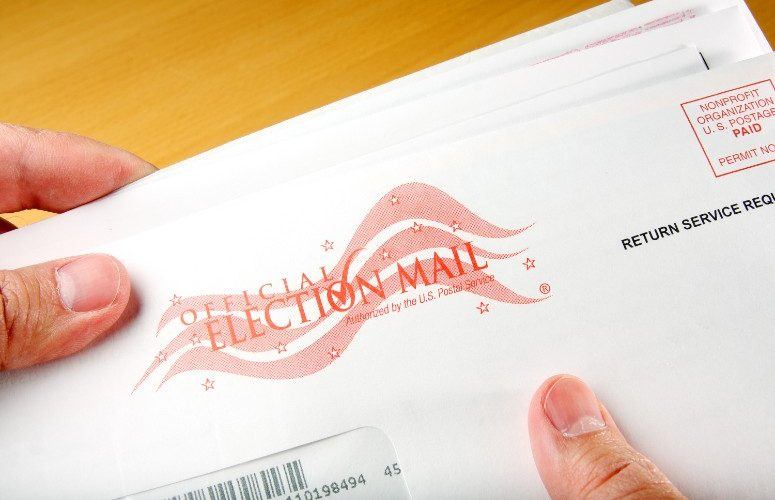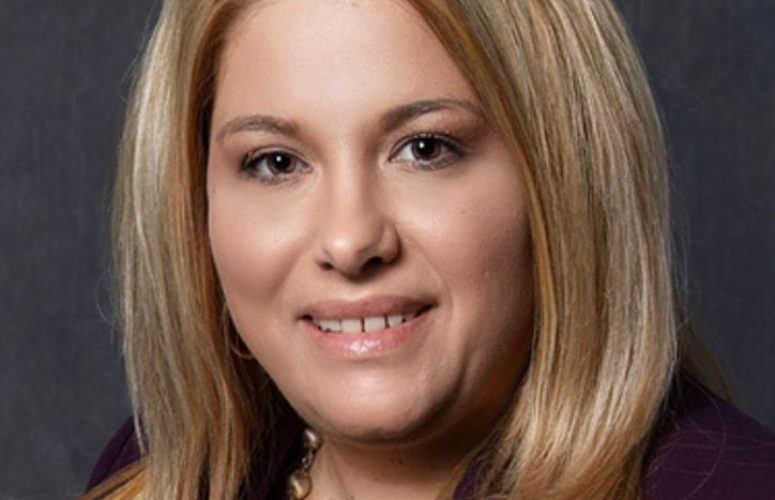
Cannabis Law Clarifications
Attorneys discuss use of marijuana and the workplace as regulations remain in limbo.
By Meg Fry, Contributing Writer On Jul 1, 2021Cannabis use and possession of up to six ounces is now legal on private property in New Jersey for adults over the age of 21. Therefore, even as the state awaits regulations on how, when and where cannabis can be distributed and purchased, the effects of the New Jersey Cannabis Regulatory, Enforcement Assistance, and Marketplace Modernization Act (CREAMMA) are already becoming known – including in the workplace.
“We’re still in limbo – the law is in effect, but not operational,” says Jennifer Roselle, counsel for the Labor Law, Employment Law & Litigation, and Human Resources practice and co-chair of the Cannabis Law practice at Genova Burns in Newark. “That’s the immediate challenge for employers as we wait for regulations to change the landscape and offer clarification.”
This has caused concern for the summer, especially as hiring continues to improve, says Raymond Cantor, vice president of government affairs at the New Jersey Business & Industry Association (NJBIA).
“There is a good deal of uncertainty right now as to what an employer can and cannot do when it comes to employee cannabis use,” he says.
The law created the New Jersey Cannabis Regulatory Commission (NJCRC), which is charged with issuing regulations and supplementary guidance by August 22.
“It remains to be seen whether the commission, which has a very busy docket, will be able to [meet that deadline],” says Jay Sabin, counsel for the Labor & Employment practice at Brach Eichler in Roseland. “There are lots of things it needs to address on a certain timeline that are not related to the workplace.”
With the most pressing issues being social equity and under what circumstances new retail outlets can sell cannabis, employers will continue to face challenges in the meantime.
“An example that’s been posited already is what to do if an employee who comes back from their lunchbreak smells like cannabis,” Sabin says.
This is because testing for cannabis use is much more nuanced and difficult than testing for blood alcohol content.
“The test may show that you still have it in your system, but it doesn’t actually prove that you’re currently impaired,” Roselle says.
Furthermore, a key provision of the New Jersey law implementing the voter referendum on adult use of cannabis states an employer may not take any adverse action against an employee solely due to the presence of cannabinoid metabolites in the employee’s bodily fluid, Sabin adds.
“What the state has required is individualized suspicion – someone in the workplace is going to have to make the call for an assessment,” Sabin says.
This could potentially subject an employer to wrongful termination lawsuits, employee shortages, and time-consuming hassle. Therefore, the law also requires employers hire a Workplace Impairment Recognition Expert (WIRE) to make such assessments prior to any required testing.
“That’s a person trained with a program not yet announced on how to identify impairment,” Roselle says.
Employers do not yet have answers as to how or when they should employ WIREs.
“Under what circumstances should these certifications be issued? What is the training regiment or education needed? Can private entities issue these state-recognized certifications?” Sabin says.
Meanwhile, there is currently no ability for employers to assess impairment because the certifications don’t yet exist, Sabin adds.
There also is currently no exception to the state law for those working in safety-sensitive jobs. Employees working for federal contractors, including those subject to the U.S. Department of Transportation’s drug-testing requirements, are not protected by state law regarding cannabis use or employer action following a positive test result.
“We have clients in manufacturing and warehouses using equipment that can be dangerous to the person and to others if the operator is impaired,” Sabin says.
Cantor says other states that have legalized adult cannabis use have made such exceptions.
“For the surgeon, the airline pilot, the truck driver, the crane operator, and more occupations, we believe the law should recognize and have exemptions for drug testing to err on the side of safety,” Cantor says.
Additionally, laws concerning the New Jersey Compassionate Use Medical Marijuana Act, expanded upon by the Jake Honig Compassionate Use Medical Cannabis Act in 2019, have not changed.
“There is nothing that says employers must let someone use cannabis on the property or come to work under the influence,” Roselle says.
Instead, New Jersey employers are obligated to provide reasonable accommodations for an employee to perform the essential functions of the job under the New Jersey Law Against Discrimination.
“If you have a medical marijuana card in New Jersey, you are more or less presumed to be disabled because the qualifying conditions place you into that universe,” Roselle adds. “What this may mean is considering waiving drug tests or perhaps granting an employee a leave of absence for short-term use.”
Sabin says he recommends clients urge employees to voluntarily disclose if they have medical certification to be able to engage in a dialogue.
“That discussion may also lead to other accommodations for the person’s condition, such as a modified work schedule for an employee receiving cancer treatment,” he says.
Regardless of medical or recreational use, employers are going to be significantly limited when it comes to maintaining a drug-free workplace moving forward under the new law.
“That could lead to more employees being impaired, which raises safety issues both at the workplace and for the public,” Cantor says.
Roselle says employers can be proactive, however, by first revisiting their own policies.
“Employers want to tighten up their policies now so that when the regulations are smoothed out, they’re already in position,” she says. “For example, a lot of employee handbooks say, ‘You cannot use, trade, or sell illegal drugs.’ Well, in New Jersey, cannabis is no longer illegal, so tweaking such language becomes important.”
Chrissy Buteas, chief government affairs officer at NJBIA, recommends employers become overly detailed with their policies to avoid any confusion.
“They need to be specific, so that you cannot be impaired on the job by any type of substance,” she says.
Roselle also says it isn’t too early for employers to consider if their WIRE will be an in-house hire or a third party.
Buteas says NJBIA is recommending that employers have more than one employee trained.
“The documentation of the impairment will be critical, more so than testing,” Buteas says. “Those two bifurcated evaluations will be needed to take any action against an employee.”
Lastly, NJBIA is also trying to make it easier for employers to train and utilize WIREs, Cantor says.
“If employers themselves could do the training, or if NJBIA could be trained to assist its members, the more people are eligible to train, the lower the cost and the easier it will be,” he says.
Until then, uncertainty remains for employers when it comes to cannabis use and impairment.
“It’s a challenging time period right now,” Sabin says. “Hopefully, the NJCRC will address this interim stage in their regulations, but in general, tread carefully and speak to counsel about the impact of this new law.”
To access more business news, visit NJB News Now.
Related Articles:





